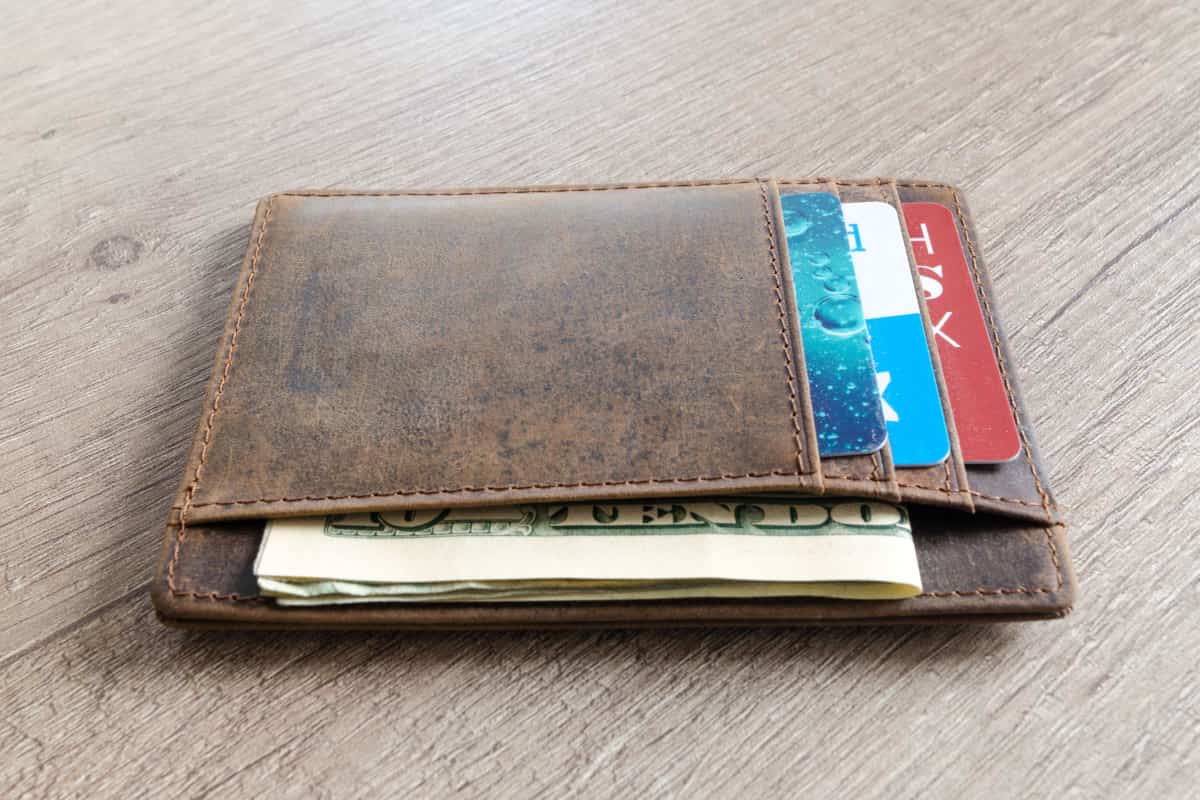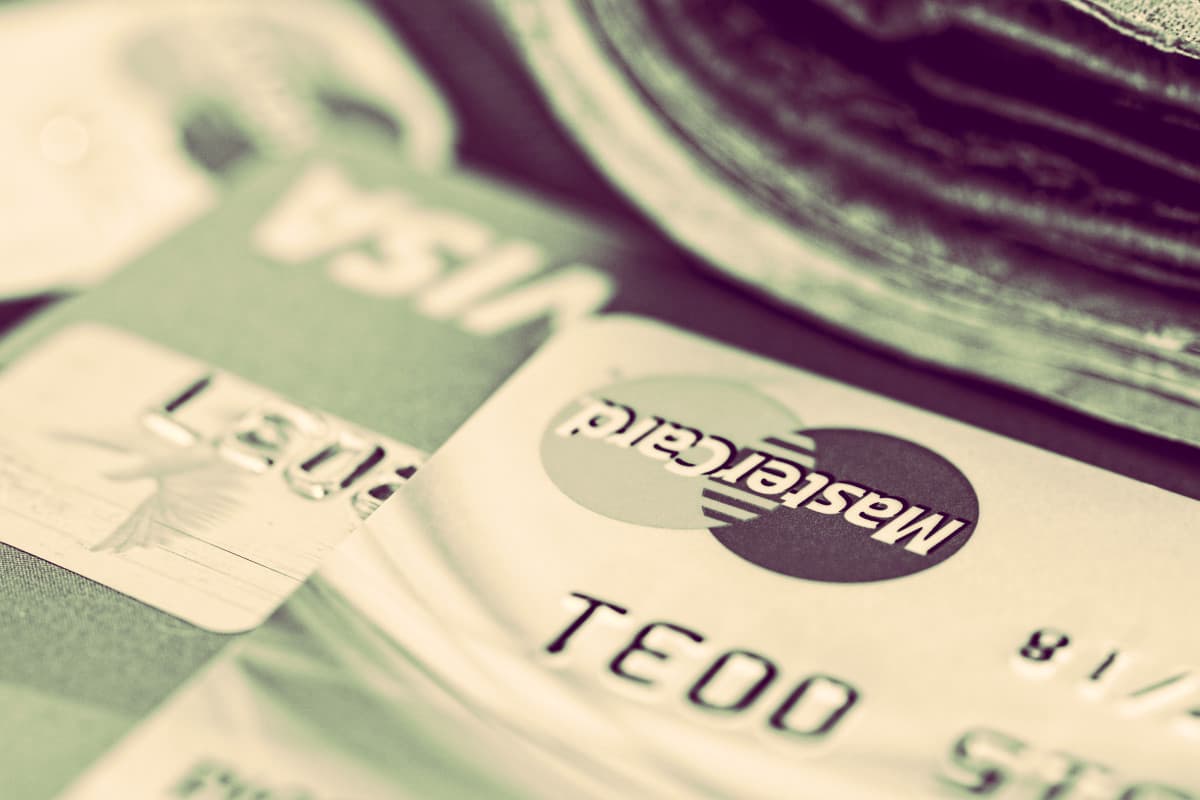If you’ve recently arrived or have been living as an expat in the land of Bier and Bratwurst for a while, then obtaining a credit card in Germany is pretty straightforward.
As long as you’ve got a permanent address and regular payments, i.e. a monthly salary or stable revenue from a freelance business, being paid into your bank account each month.
What you’ll soon discover though is that the German definition of a credit card and what it actually offers you is substantially different to what you’re expecting, based on what you’re used to in your home country.
What is the best credit card to use in Germany?
If you’re thinking you can collect a bucket load of loyalty points and get loads of free stuff, then think again my friend. Not only that, you’ll quite likely have to pay for the privilege of having a credit card.
So, we’re going to:
- Explain the differences between what we know as credit cards, versus most products on the German market, which are just glorified debit cards
- How to avoid paying annual fees for a German credit card
- Run through some contenders for the best credit card in Germany, depending on some criteria that are likely important for you as an expat.
Let’s start with how we define a credit card:
Definition of a credit card to Brits, Americans, Canadians, Aussies and other “Anglosphere” nations:
An everyday method of payment which is used all the time, to pay for anything from grocery shopping, petrol, clothes, all the way through to exclusive holidays or a new kitchen.
Definition of a credit card to Germans:
Something to be used only in emergencies, or to use out of pure necessity in order to purchase stuff online, or to reserve hotel rooms and book rental cars.
How do credit cards in Germany differ from what we’re used to?
Firstly, you need to grasp the very fundamental difference between how Germans culturally view credit cards (and debt in general) versus how English-speaking countries see them. We already covered the topic of Germans being austere and frugal, so we won’t delve into the detail here.
Suffice to say, this goes a long way towards explaining why you may at first be disappointed to learn that credit cards in Germany aren’t really the same as how we would understand the term “credit card”.
It is, in effect, just a glorified charge card that defers payment until the end of the calendar month. The bank then just takes the money owed on a German credit card from your account via a direct debit for the full amount due.
With the exception of a small handful of options we’ve listed below, in 99% of cases you don’t get any choice other than to pay off the full balance of the card each month.
Which providers offer these important criteria?
Advanzia
(gebuehrenfrei)
DKB
Santander
Commission-free withdrawals worldwide* (subject to any local ATM charges)



Commission-free payments worldwide



No Annual Fee



Opportunity to defer payment and pay minimum balance



To apply for cards with any of these providers, just click on the appropriate link on the right and it will take you directly to their application site.
Germany doesn’t have much debt-driven consumer spending
Credit cards to us expats are typically defined as a flexible method to spread payment for something over a period of time determined by the buyer.
Credit cards in Germany are not used in this way, and Germans don’t really consider them as a vehicle for deferring payment.
If Germans need to borrow money to finance a major purchase, they will usually go and take out a loan (Verbraucherkredit), payable over a fixed term, at a fixed interest rate. It’s not the norm to use a credit card to finance it.
Germans take living within their means very seriously. Except for high-end capital purchases like a new kitchen or new car, they aren’t used to taking out loans in such a carefree way that people from English speaking cultures more generally are.
The overwhelming majority of Germans will generally pay for something like a new TV or a new computer in full, at the time of purchase.
Consumer credit is only really the norm for major purchases of much more costly items.
Postponing small payments e.g. for a couple of months in cases where cash flow is tight, is not really the done thing in Germany.
Instant gratification and paying for it later is something which just hasn’t penetrated German culture (yet). “Payday loans” are also much harder to obtain, which can only be a good thing, right?
Don’t expect deals, points and air miles
Obtaining a credit card from your local German bank is relatively straightforward. If you’re not regularly overdrawn and you have a stable income, it should be pretty easy to get one, even for newbies.
What may be surprising though is that many established branch-based banks like Sparkasse, Deutsche, Commerzbank and the Volksbanken will charge an annual fee for the privilege. This typically ranges from €20 – €30.
This can be avoided through applying for a free credit card in Germany with one of the more innovative, forward thinking online banks such as comdirect or DKB.
These banks will issue you a card for free with no hidden costs.
You don’t necessarily have to have your main current account with them, but you will need an account balance for them to debit your balance from each month.
DKB is a particularly good option if you travel a lot because with your DKB Visa card, you can withdraw cash at any ATM globally with no fees.
Pretty much all credit cards issued by German banks will debit your balance at the end of each calendar month or defined 30-day period. Some of them will also let you determine a set date each month for your balance to be deducted, so as you’re not hit just before pay day.
Airline points, cashback, travel insurance etc are not common perks offered by German credit cards. You can get them, sure, but then you’re looking at costly solutions such as an American Express card (which is not widely accepted in Germany anyway) or Lufthansa’s premium Miles and More card, which is a bit of a joke when you consider how dreadful the benefits of their frequent flyer program are and the audacious annual fee they charge for the credit card.
Debit cards are great, but you’ll probably still want a credit card
If you bank with an app-based bank such as the popular N26, then in most cases they will only issue you a debit card.
You’ll therefore need to go to a separate institution to get a credit card to use for things like hotel tabs and rental cars. I was stood in line at the rental car desk in Sevilla airport recently, and the angry German man in front of me was not a happy bunny when they refused to take his N26 debit card.
Do “real” credit cards exist?
Yes, they do, but there aren’t many.
Barclaycard and Santander are the most well-known household names who offer these types of cards.
Advanzia Bank (under the brand gebuehrenfrei.com) is another option which seems to get very good reviews on personal finance websites and is a very strong contender for best credit card in Germany. Their website looks like it was designed on a Friday afternoon, but don’t let it put you off!
I’ve not used any of them personally, so I can’t really give you objective feedback on their products or service.
Expect the credit check to be more rigorous than if you apply for a German-style credit card because you’re asking them for actual credit, as opposed to just a deferred payment.
Interestingly, the conditions and the perks you get with these cards are often just as good or better than the regular offerings with online and offline banks, which kind of begs the question why they haven’t completely taken over the market yet.
There are seemingly no disadvantages to them, unless you’re not very good at controlling your spending, in which case, probably best not to get one!
You can still set them up to pay off the balance in full once a month, so you get all the advantages of the German-style “credit card” but without the obvious limitations.
So, what’s the best credit card in Germany?
Ultimately credit cards are personal choice and one person’s preference may not be someone else’s.
You should definitely look beyond what your Hausbank is pitching to you because it’s almost certainly not the best value product out there.
If you can, then definitely go for one of thefree credit cards in Germany and avoid the annual fees charged by most banks.
Do your research or go with one of the options we’ve suggested, depending on what criteria are important to you personally.
Finally, do you really need a “proper” credit card? Or is this a gift horse looking you in the mouth to become more responsible with your spending?!












